This post may contain affiliate links. Affiliate links use cookies to track clicks and qualifying purchases for earnings. Please read my Disclosure Policy, Terms of Service, and Privacy policy for specific details.
Calculators are used to make math calculations easier to solve. In a public school setting, a calculator accommodation may only be allowed with documentation of a disability and special education paperwork. A homeschool parent teaching elementary level math may wonder:
- When do I teach calculator skills?
- When should I let the child use a calculator?
The actual answer to each of these questions may vary with each learning situation.
When should I teach calculator skills?
My not so simple answer is, it depends. Some children will not need to use a calculator until junior high or high school. Other children will greatly benefit from using a calculator before then. Children who have a learning disability or who struggle to learn math facts may hate math due to their hard effort with inaccurate results. Providing an accommodation, such as using a calculator, may allow these same children to make sufficient progress through a math curriculum. Children who have an intellectual disability may be taught to use a calculator in a functional math skills program.
My personal recommendation would be to introduce calculator skills around 3rd grade. You may decide to start earlier or later depending on the needs of each child.
When should I let a child use a calculator accommodation?
I can think of two situations where using a calculator is very appropriate.
Situation 1: The child understands the concepts of the math activity, but struggles to get the right answer due to calculation errors.
Situation 2: The purpose, or objective, of the math activity is not to practice specific calculation processes (i.e., basic addition, subtraction, etc.), but to demonstrate understanding a specific concept.
Using a calculator in the above situations will help the child continue to learn math concepts while circumventing challenges he or she faces with calculation. In teaching my own children, I allow calculator use for just about all word problems.
When should calculator use be avoided?
The main situation where you probably would not want to allow the use of a calculator is when the purpose of the math activity is to learn and practice the concepts of addition, subtraction, multiplication, and division.
In summary, a calculator accommodation will allow children who find basic math calculations difficult to demonstrate understanding of math concepts. Calculator skills may be introduced in the primary grades, depending on the needs of each particular child. Calculators can be used when finding the answers to word problems or for more complex math calculations.
For younger children, a larger calculator may be necessary. For older children, a standard calculator will work. I prefer calculators with solar power to avoid the potential hazard of a button battery and to avoid running out of power.




your blog teaches good skills. this is a great information. thank you